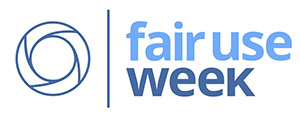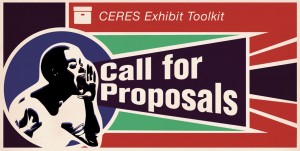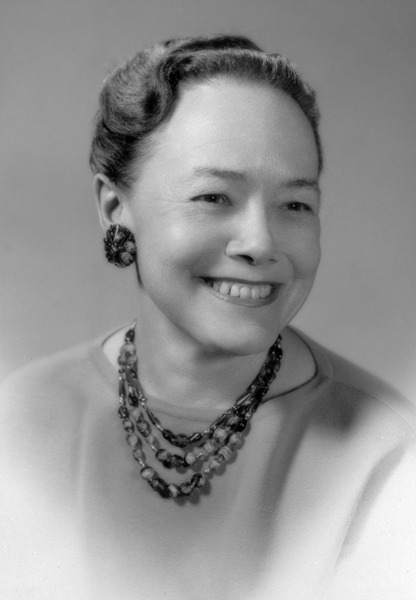Welcome to our Wikipedia Visiting Scholar!
We’re thrilled to announce that Rosie Stephenson-Goodknight will be joining us as our first Wikipedia Visiting Scholar! Rosie is a prolific and experienced Wikipedian (User:Rosiestep), and founder or co-founder of projects such as WikiProject Women Writers, Women in Red, WikiWomen’s User Group, and more. She’s also on the Board of Directors for Wikimedia District of Columbia and on the Editorial Board of The Signpost, one of the longest-running publications covering English Wikipedia and Wikimedia at large.
Wikipedia’s Visiting Scholar program, “connecting experienced Wikipedians with academic institutions to improve Wikipedia,” includes Wikipedians and hosts across the United States. Visiting Scholars join institutions of higher education as remote partners, and improve articles in subject areas suggested by that institution. There is no compensation to the Visiting Scholar beyond remote access.
Rosie’s focus for the Visiting Scholar position here at Northeastern, supported by scholars in the Women Writers Project as well as our reference librarians, will be women and writing before 1900. This might encompass topics such as early women’s writing, women and the book trade, women and education, women as readers, women writers of well-known works, and many more. Women Writers Project staff will support Rosie’s work through activities such as helping Rosie develop lists of women or works that need coverage in Wikipedia, pointing her towards specialty sources in the history of women writers, or helping to track down particularly difficult bibliographic or biographic information.
Rosie will join Northeastern as a remote community member with access to library resources, from March to December 2017. We’re looking forward to seeing her work and learning more about how we can help her in that work. Stay tuned to watch this project grow!


